Louise Élisabeth, Duchess of Berry, was a French princess who had a sensational yet brief life that captivated the entire city of Paris in the 18th century. She was the catastrophe nobody could look away from, with her six failed pregnancies and a vast number of partners (maybe even including her father).
Her family was "one of a kind."
Phillippe II, Regent of France, and Françoise-Marie de Bourdon welcomed their daughter, Louise Élisabeth, into the world in August 1695. Her parents were related to Louis XIV through first cousins.
As unsettling as that was, it was not Louise's sad story's only instance of an improper family bond. It was likely the least controversial aspect of her.


She had a "heavy" name
Louise Élisabeth was given the official title of Mademoiselle d'Orléans from the moment she was born. Her amusing nickname, "Joufflotte", was given to her since her full name and title were a bit too long to pronounce.
That loosely translates to "chubby." Later, Joufflotte became somewhat accustomed to gaining, may we say, baby fat.

She was almost dead
Even though Joufflotte was as chubby as a peach, she was never the figure of health. She developed a devastating disease when she was just six years old.
Her father cared for her and stayed by her bedside day and night as the strange illness threatened to steal her life too soon.
Joufflotte eventually made a full recovery, to the relief of her family. They had no idea that the frightening event had only been the beginning.

She was brave
Elizabeth Charlotte of the Palatinate, Joufflotte's paternal grandmother, witnessed her fortitude in the face of a dreadful sickness.
Joufflotte "had her own way fully. Thus it is not unexpected she should be like a headstrong horse," the author claimed in her essay. She could have been stubborn like a horse, but she was undoubtedly unfit.
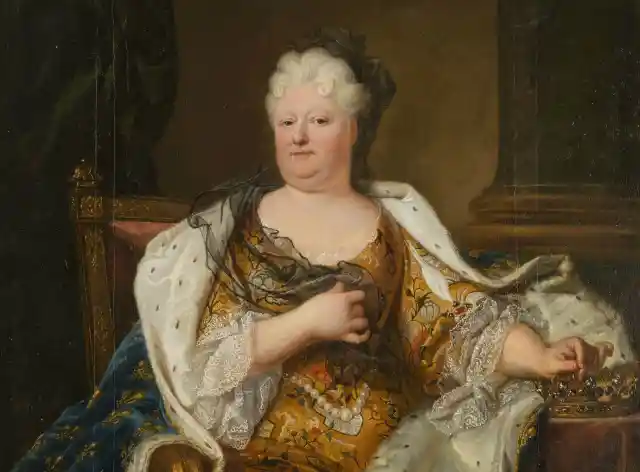
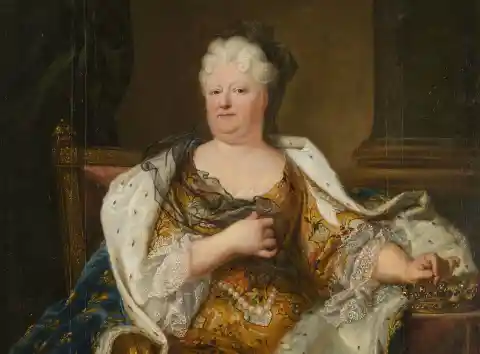
She got smallpox
Louise Élisabeth experienced another severe illness. She acquired smallpox when she was ten years old, and this time it was clear that she would not survive. Depending on whom you ask, she may not have made it at all.
For six hours, the young Joufflotte was believed to be dead. Thankfully, the girl was not cremated. The situation would have been unpleasant.


She married before today's legal age
Louise Élisabeth's parents were eager to get her married before it was too late because she had miraculously escaped not one but two close calls to death. At the age of just 14, they made plans for Joufflotte to marry Charles, Duke of Berry.
At the time, the Duke of Berry was ten years older than she was. Despite their age differences, Joufflotte came across as the more "seasoned" of the two.
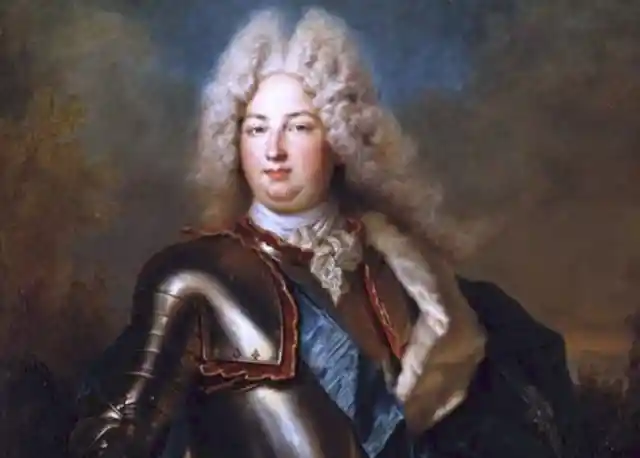

Her Cousin was a traitor
Marie Anne de Bourbon, Joufflotte's first cousin, served as her lady-in-waiting after her marriage. Years of dedicated service to Joufflotte were followed by Marie Anne's resignation out of disapproval.
For her cousin's tastes, the young duchess was a touch too prone to controversy and misfortune. Marie Anne blushed in, especially over one early incident.
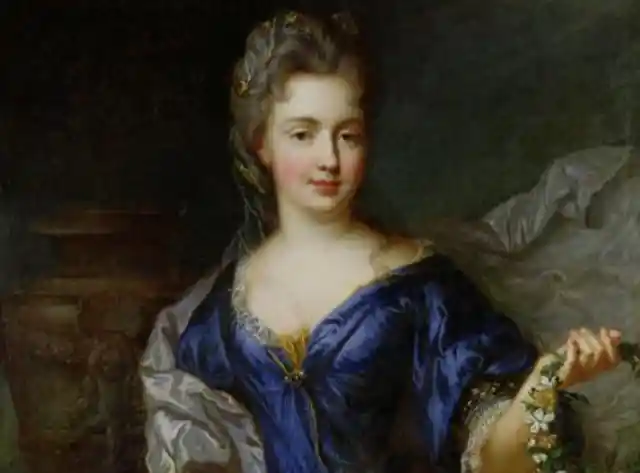
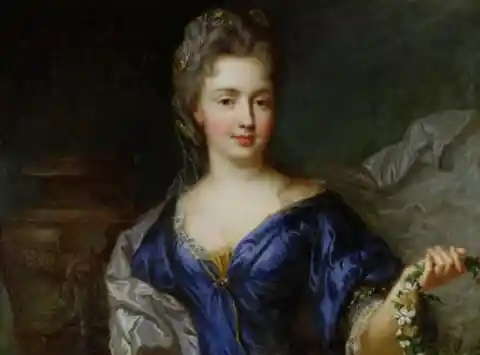
She was savage
With the Duchess of Burgundy, Louise Élisabeth attended what was intended to be a chic dinner party in a Paris neighborhood. But Joufflotte got so wasted that she had to be carried back to Versailles, much to the dismay of the other visitors.
Her reckless behavior almost resulted in a scandal at court, but Marie Anne was able to cover it up before the king learned. The majority of people would change their ways after such an embarrassing scandal. Louise Élisabeth was only beginning.


She had a terrible loss
Joufflotte became pregnant with her first kid a year after getting married. But tragedy happened before she could enjoy being a mother. The fast-paced way of life of Louise Élisabeth quickly caught up with her.
The girl Joufflotte delivered at the Palace Fontainebleau was stillborn. She had a ready-made scapegoat in the form of her despicable husband, the Duke of Berry, for the unbearable loss.


She was forced to go on a dangerous journey
Louise Élisabeth's health had never been excellent. Thus, being pregnant was difficult for her to handle. Her doctors urged her to stay at Versailles or the Palais Royal as she neared the end of her pregnancy.
However, her husband demanded that she travel to Fontainebleau to give birth. The long journey was difficult for Louise Élisabeth, who was highly pregnant; the outcome is well known. However, that was not the Duke's only criticism.


She had a big accident
The Duke of Berry, the spouse of Louise Élisabeth, not only insisted that she travel from Versailles to Fontainebleau, but he also insisted that she do so by barge rather than by carriage.
The journey was risky even though the water might have been smoother than the cobblestone roads. She would indeed encounter the Reaper for the third time at an uncomfortable distance.


She almost drowned
Louise Élisabeth's barge collided with a pier as they approached Fontainebleau and started to fill with water. Joufflotte's large, pregnant belly served less as a flotation device, and more as a dumbbell as the barge very nearly sank.
The Duke of Berry apparently intended for his wife to suffer when the duchess came dangerously close to drowning. At first, their union appeared to be a fairy tale. Now, it sounded more like a horror tale.


Her husband was the culprit
The doctors assigned the voyage as the cause when Louise Élisabeth delivered her stillborn daughter in Fontainebleau. They stated that the near-born infant had been overwhelmed by the stress of the journey as well as the disaster.
Joufflotte, on the other hand, shrugged it off like a summer breeze and resumed her mischief. What do you reject?
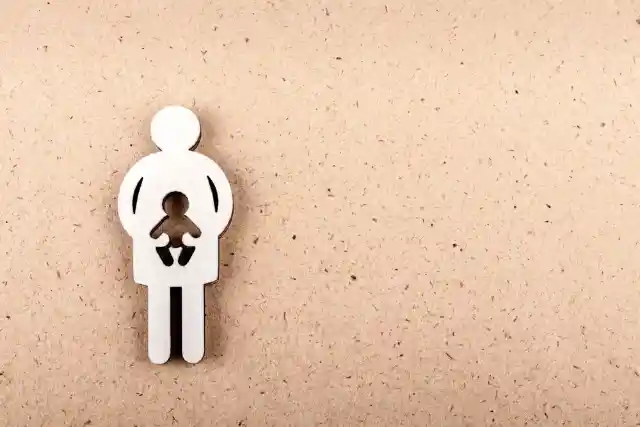

She gave birth to a boy
Louise Élisabeth attempted pregnancy once more in 1712, and in March of that year, she gave birth to a beautiful, healthy boy. Well, not quite. He was content but undoubtedly not in the best of health.
The unfortunate baby started having uncontrollable convulsions not even four months after she gave birth.
In June of that year, he passed away. Most moms would have experienced unbearable sadness in the wake of such a horrific loss so soon after their first stillbirth.
Joufflotte, on the other hand, returned to her shenanigans straight away, but not before organizing a bizarre burial for her son.


She broke him
The infant of Louise Élisabeth was buried in fragments. Joufflotte had her son's heart removed and transported to a convent in Paris in a heart-exploding incident straight out of an Aztec history chapter.
She had buried the remainder of him at a basilica in a suburb of Paris. Even though it was a religious custom in France at the time, this practice is unquestionably grotesque.


She was nice too
Because she was not only the heart-stealing party girl, Louise Élisabeth took care of her son's governesses in one act of charity. She thought the attendants should be compensated because she knew they were probably more heartbroken than she was by the loss.
Joufflotte made sure that the governesses who cared for her son were paid in full—for life. It seems like a good gig.


Her husband betrayed her
The Duke of Berry must have become weary of his wife's failure to bear him a child. He adopted one of Joufflotte's chambermaids as his mistress later that year. The affair was widely known as if that insult were not enough.
Since she had carried two of his children, even if they did not live, Louise Élisabeth took the insult personally. She also understood exactly how to retaliate against her spouse.
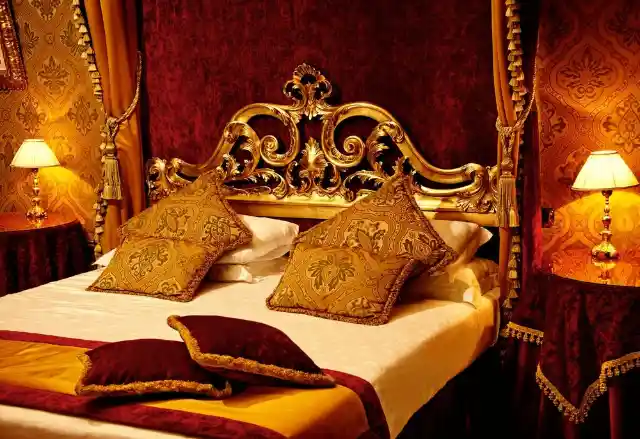
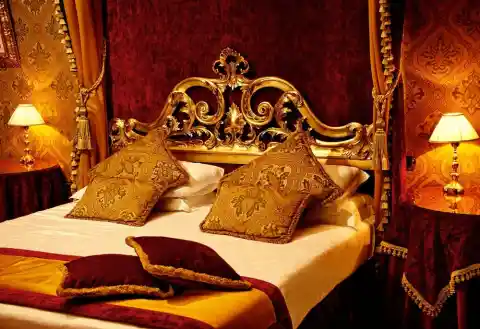
She planned revenge
Louise Élisabeth had been having her own affair—actually, several of them—with a man named Monsieur de Salvert.
She was forced to upgrade to the mysterious but undeniably handsome Monsieur La Haye when her husband decided to make one of her chambermaids his mistress. The Duke would become quite envious of her. And incredibly angry.
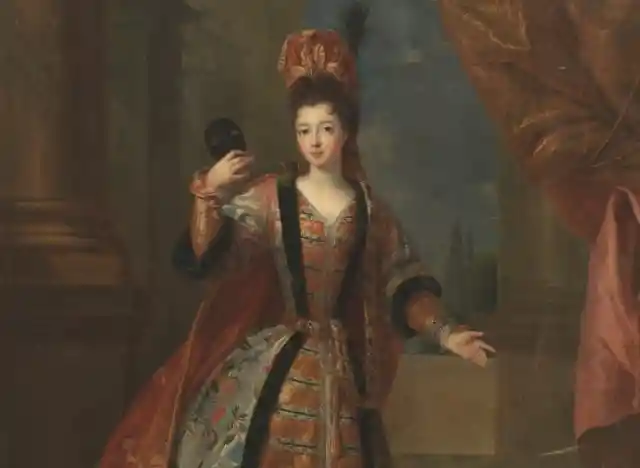

She declared her love
When it came to her extramarital affairs, Joufflotte exercised more restraint than she did when it came to her craze for partying. This means that she tried to keep them a secret. That is, up until now.
She had been able to keep her first relationships under wraps, but she flaunted her affair with La Haye, which was motivated by retaliation. She had no way of foreseeing the Duke's terrifying response.


She was about to become a nun
The Duke of Berry was furious over his wife's latest affair, even though he was personally engaged in multiple affairs. Even if he was jealous, he was likely more disturbed by how arrogant she had become.
He threatened to send her to a convent as retaliation. The least severe threat Louise Élisabeth faced, believe it or not, was living in the nunnery.


She fought back
A convent was not the type of place Louise Élisabeth would have enjoyed. She would not have been able to go out to parties, it would have been awkward for her to wear a habit, and of course, there was the celibacy vow.
All of that does not exactly scream "Joufflotte," but at least it was preferable to stay with her husband any longer. When the Duke savagely kicked her in front of others for her misdeeds, their fractured relationship reached its breaking point. No matter the cost, she had to flee.


She had a plan
With her spouse, Louise Elizabeth had had enough. A party girl needs to have her dignity; he ridiculed her, attacked her physically in public, and was to blame for the death of their first kid.
Joufflotte devised a covert strategy to get rid of the wretch finally. She would not be going anywhere, he said.
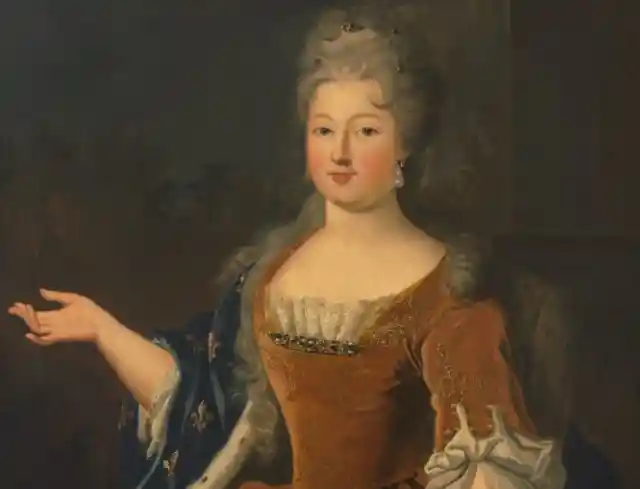

She got ready to flee
Joufflotte planned a daring escape with her errant lover, Monsieur La Haye. In order to live far from her husband's influence, the forbidden lovers devised a plan to leave France for the Netherlands. But the Duke of Berry's fate was different.
Without leaving France or moving a muscle, Louise Élisabeth would be able to achieve her goals.


Her luck favored her
The foolish Duke of Berry, Joufflotte's spouse, was involved in an accident while out hunting. His internal organs were severely damaged, and he would never fully recover. Joufflotte was formally titled a dowager duchess in May 1714, the month the Duke died.
She could now live her life the way she wished. Contrary to what was about to happen, her story up to this point had been very mild.
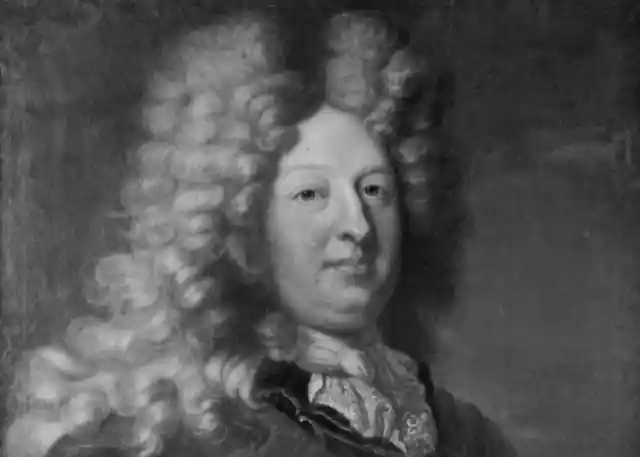

She had an unexpected pregnancy
She gave birth again seven weeks after Louise Élisabeth's husband passed away. She also had a second daughter, but regrettably, the child died just a few days later. It was yet another tragic catastrophe, yet there were clouds of controversy surrounding Joufflotte as usual.
There were questions about the baby's possible father due to the time of the pregnancy. Joufflotte's reputation would be tarnished by controversies, raising doubts.


She was self-centered
To live out her widowhood, Louise Élisabeth moved into Luxembourg Palace. She locked the doors to the Luxembourg Garden, a self-centered move that would make her despised forever. She also received a sizable annual salary from the state.
It would take years for Parisians to forgive her for being so self-centered, but that did not stop her in the least.


She mourned merrily
Louise Élisabeth declared she would be in mourning for six months following the death of Louis XIV, the King of France, and her maternal grandfather. Of course, compared to everyone else's, her version of mourning featured a lot less crying and a lot more applause.
She immediately turned into a "merry widow," throwing parties, going to balls, and playing the slots.
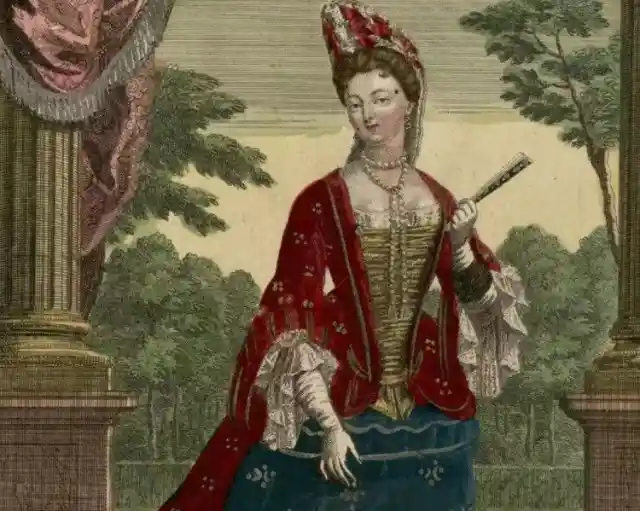
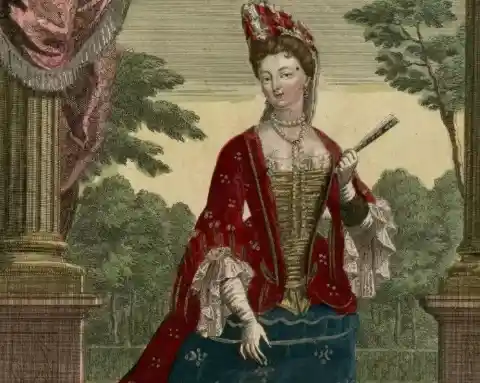
She quit partying (temporarily)
The Duchess of Berry abruptly quit partying and isolated herself in her palace during her "mourning." She claimed that she had a cold as her official explanation. As usual, the truth was considerably more shocking.
Joufflotte was going through pregnancy discomfort. The details of her "clandestine incarceration" were widely discussed in Paris.


She fuelled controversies
The backlash was inevitable given that Joufflotte became pregnant so soon after her spouse passed away. The tabloids of the 18th century leapt on the story and compared Louise Élisabeth to other "Jezebels" throughout history.
Even a song about Joufflotte's numerous, numerous failed pregnancies and her expanding list of partners was composed in 1716. The tabloids had a new subject to attack, and Louise Élisabeth would just keep providing them with the material.


She was lofty
The scandal surrounding Louise Élisabeth the following year, which involved a foreign royalty, was again covered by newspapers. When Peter the Great of Russia visited France, she hosted him.
According to the tabloids, Joufflotte's greeting of the Russian tsar was "stout as a tower." That is slang from the 18th century for "ready to pop."


She inspired Voltaire
When he insulted the perpetually pregnant dowager duchess, the renowned French author Voltaire found himself in hot water with the French government. In less kind words, Voltaire referred to Joufflotte as a "good-time gal."
Although what he said was undoubtedly accurate, as they say, the truth is painful. The tabloids once more became interested in Voltaire's detention.


She was trying to hide
Voltaire was accurate. Most likely, Louise Élisabeth was carrying another child. She had isolated herself to Château de la Muette, another of her homes.
She gave up horseback riding and hunting while there because these are difficult to accomplish with a large, protruding baby tummy. The tabloids were ruthless once they got their hands on the tale.


She became heavy
According to the tabloids, Joufflotte was "chubby," as her nickname suggested. In fact, they said that they worried for her life because she was so significant from her most recent pregnancy.
Even if it's factual, is it still body shaming? Even more vicious than the tabloids, however, were the songwriters. They were fortunate not to have radios.
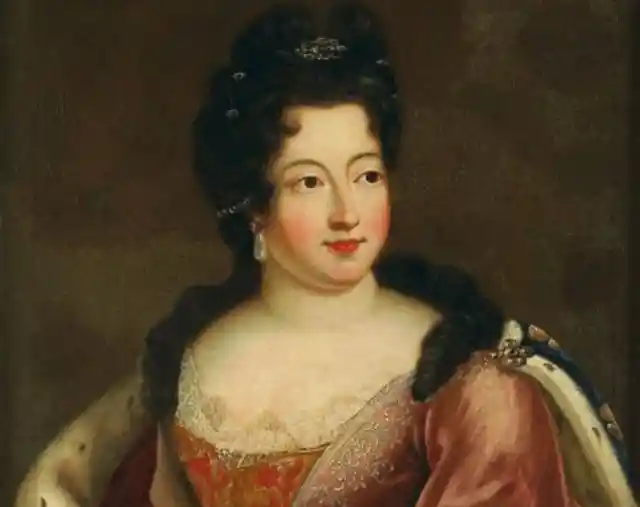
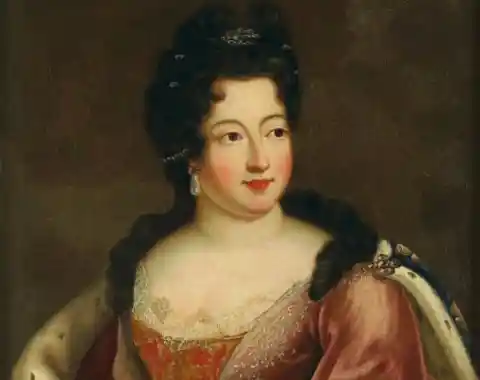
She was a part of many song lyrics
After her husband's death, Joufflotte became pregnant frequently, which provided Parisians with endless fun. But no one was having more fun than the songwriters.
Look up the songs written about Louise Élisabeth if you have ever felt that 18th-century French music was uninteresting. Biggie would blush at the song's profanity. There was no end in sight as Louise Elizabeth was being attacked from all angles.


She became scandalous, day by day
Even though the lyrics were derogatory, the Christmas of 1717 saw the chatter reach almost seditious proportions. Her father became a part of the scandalous life of The Duchess of Berry.
After Louis XIV passed away, Phillippe II assumed the role of regent for France. With the political climate shifting, a very unsettling rumor started to circulate.


She had illicit relations with her father
A poetic ballad accusing the Duchess of Berry of having an intimate relationship with her own father, the Regent of France first surfaced around Christmas in 1717.
The song's lyrics begin, "Lord, I will no longer have such lusty ways; I only want Rions, occasionally my dad, occasionally, my guardians."
Louise Élisabeth had the impression that things could not get any worse, but they actually did. The uproar grew when Voltaire contributed his renowned humor to the narrative.


She played a character
Voltaire reaffirmed the rumor that the Duchess of Berry had become pregnant by her own father by taking aim at her once more. The literary giant felt that merely affirming humorous talks was insufficient.
He went even further by creating the tragic play Oedipus, which has startling similarities to real-life events. However, despite the tragedy, the audience was laughing more than it was sobbing.


She had the audacity to watch the play
It is odd that the Duchess of Berry and her father both went to the controversial play's premiere. Even the father of Joufflotte praised Voltaire for the play's early success.
The irony of their attendance was either lost on them or, more likely; they chose to ignore it in the hope that it would go away. But that was just too amusing to forget the whole thing.


She was the reason behind many jokes
Even stranger than her father's attendance was Louise Élisabeth's. And, you got it; she came up to the Oedipus premiere while pregnant as if to mock herself.
Throughout the evening and the next morning's tabloids, jokes about her large pregnant tummy were made about her. Voltaire was still working with her.
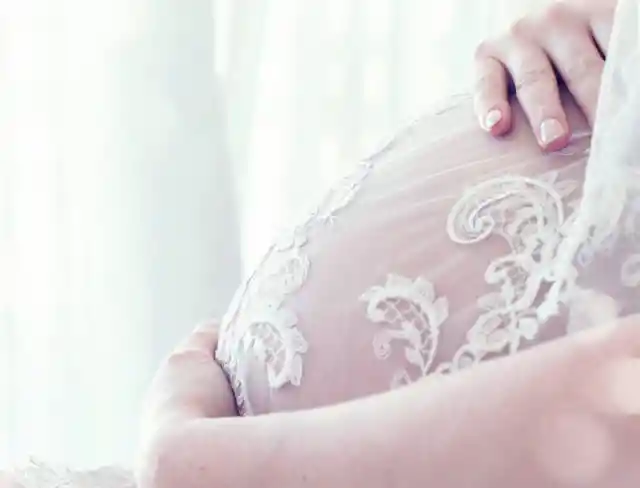

She could sense it
The Duchess of Berry demonstrated a year later that she had not gained any wisdom from her prior experiences. Yes, even while pregnant, she went to another performance of Oedipus.
When the audience cheered a story point that hinted at Joufflotte's reported relationship with her father, an absolute scandal ensued. The oblivious duchess apparently realized something at some point, and she was displeased.
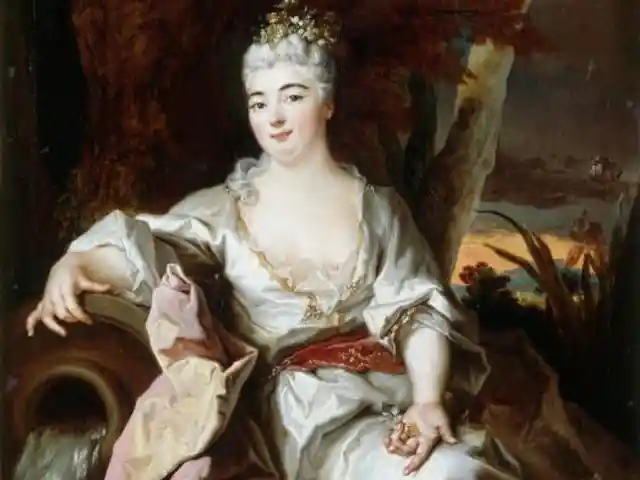
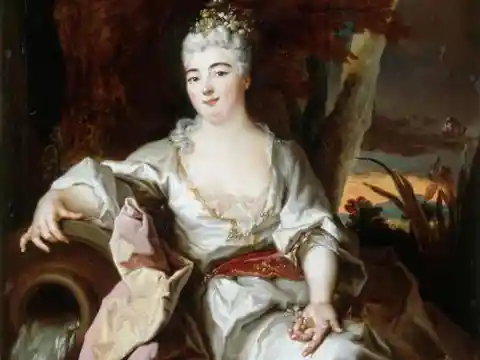
She had enough
Louise Élisabeth passed out due to the scandalous and extremely unpleasant incident within the crowded theatre.
The possibility that Joufflotte could give birth to her child there and then, in the centre of the auditorium, enthralled the riotous audience. The Duchess of Berry escaped thanks to a broken window, but the damage had already been done.


She drank like a fish
The Duchess of Berry continued enjoying her social life despite being pregnant. She believed she could still go outside if she could stand (or waddle).
Joufflotte continued to go to parties and consume more alcohol than she should have well into her most recent pregnancy. Her numerous stillbirths are suddenly starting to make sense.


She gave birth in four days
Joufflotte finally experienced one too many pregnancies. Her previous pregnancy resulted in a bloody, four-day delivery of a girl. The ordeal almost took her life.
How many situations may this girl encounter that could terminate her life, really? She would be permanently destroyed by the scandal that would result from her most recent birth.
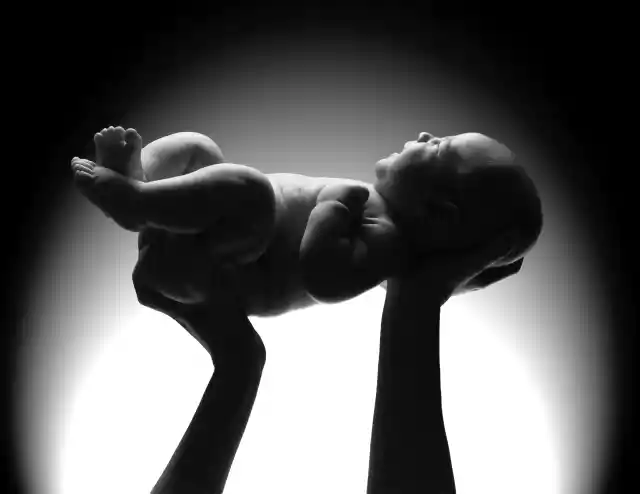
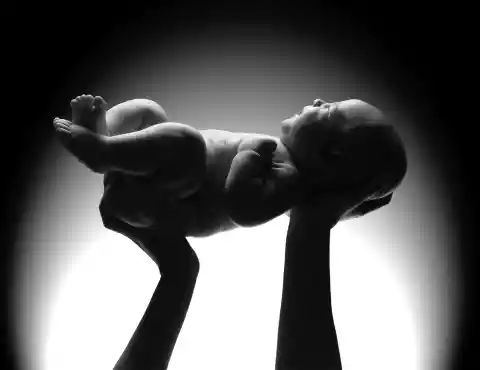
It was a difficult decision
Since her marriage, and, let us be honest, even while it was still going on, Louise Elizabeth had a lot of affairs.
The Church mainly had overlooked her blatant sins since her husband's death up to her last pregnancy, but this previous scandal was too significant to be swept under the rug.
The Church issued a harsh ultimatum to the Duchess of Berry: they would not give her the sacrament unless she disowned her daughter.


She lost her baby
The Duchess of Berry would quickly disregard the Church's demands that she give up custody of her daughter. Sadly, this last pregnancy would be like every other pregnancy.
The girl passed away. Although I am not a doctor, it seems like Joufflotte would have benefited much from using contraceptives.


She kept her (another) marriage a secret
Joufflotte attempted to quell the uproar by legalizing the stillbirth of her daughter. The Chevalier of Rion, her guard lieutenant, who was also the girl's assumed father, was secretly married to her.
However, Rion was exiled from Paris because Louise Élisabeth's father disapproved of the relationship (jealous?). The poor girl just was not able to get any luck.


She wasn't feeling okay
After her grueling labor, the Duchess of Berry never entirely recovered. That makes sense; four days seems like a long time to try to get anything through a keyhole, much less a watermelon.
Soon after, Joufflotte developed a fever and a chill and was confined to bed. It sounded like she was in bad shape. This time, no miracle recoveries.
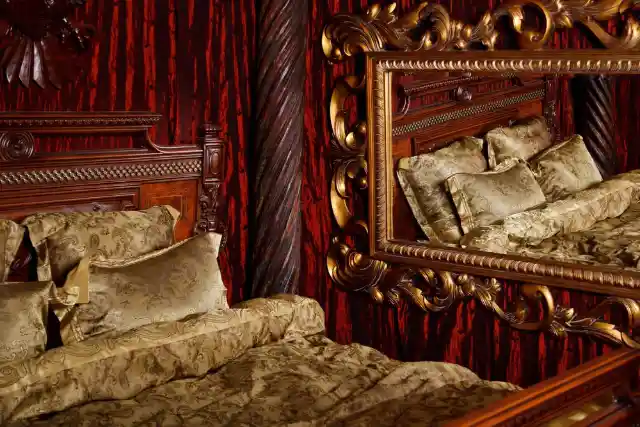
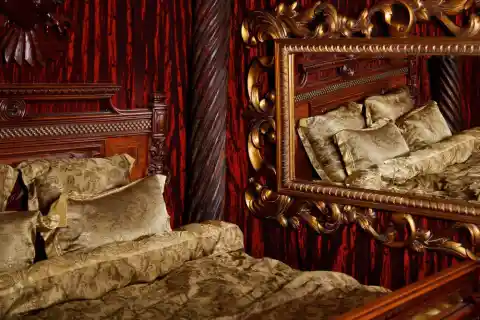
She had terrible pain
In her frail condition, Louise Élisabeth's grandma paid her a visit. They decided to bleed Joufflotte in the feet, she wrote.
As a result of the intense discomfort in her feet, which would force her to scream in agony even if the bedclothes simply scraped against them, they had some trouble convincing her to submit to it. Thankfully, her misery was almost over.
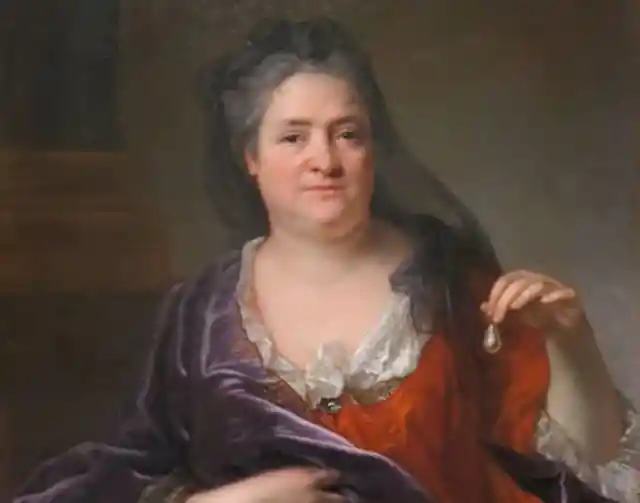

But a surprise awaited her
The Duchess of Berry, Louise Élisabeth, died at 23, most likely due to difficulties from her sixth (recorded) pregnancy. Yes, all that intrigue and drama occurred in less than ten years.
An autopsy afterwards revealed something incredibly ironic, as if Voltaire himself had written her dying moments. At the time of her death, Louise Élisabeth was entirely two weeks along in her pregnancy. It resembles a scene from Alien.


She was in the news one last time
Joufflotte would rest in fragments rather than in peace, much like her son. In Paris' Val-de-Grâce chapel, a close family friend's heart was interred next to her firstborn.
Her relatives had the rest of her body interred in the Basilica of Saint-Denis outside of Paris. The days of her being embroiled in the scandal were finally over.

